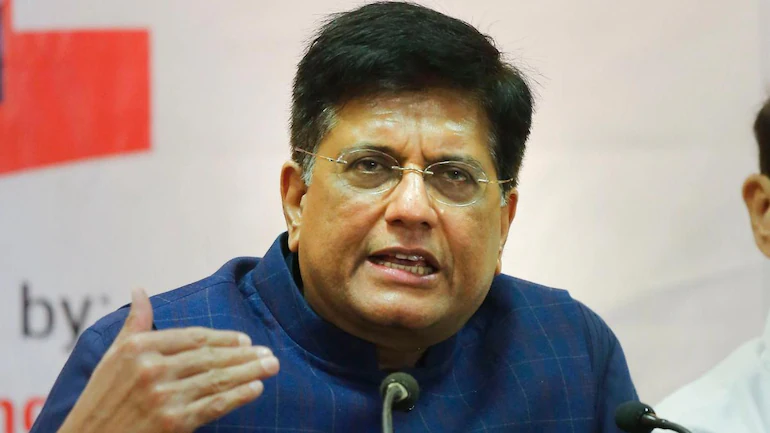Fashion Drives India's Future Success: Piyush Goyal

05 June 2023, Mumbai
Union Textiles Minister Piyush Goyal led the 'National Workshop on Convergence of Five Institutes' in New Delhi, highlighting the significance of fashion trends, product design, innovative packaging, and high-quality goods and services in shaping India's future success.
The workshop aimed to integrate five institutes under the Ministry of Textiles and Commerce and Industry: the Indian Institute of Packaging (IPP), the National Institute of Fashion Technology (NIFT), the National Institute of Design (NID), Footwear Design and Development Institute (FDDI), and Indian Institute of Foreign Trade (IIFT).
Shaping India's Future
This collaboration aims to create an integrated national design and business education ecosystem that benefits students, industries, and society. By merging knowledge and expertise from diverse fields, the convergence aligns with the objectives of the National Education Policy 2020, fostering transdisciplinary integration.
Minister Goyal acknowledged India's transformative journey under Prime Minister Narendra Modi's leadership, recognized globally as a key driver for Asian and global growth. He praised the projected high GDP growth estimates for FY 2023-24, attributing them to the visionary guidance of the prime minister.
Curriculum Changes for Dynamic Learning
Goyal urged ministries to implement the workshop's ideas within set timelines, emphasizing the importance of effective utilization. He advocated for inclusive and dynamic curriculum changes, nurturing critical thinking and skill development among students.
The minister emphasized that the convergence initiative would bolster the institutes and industry-academia partnership, urging minimal government interference and self-sufficiency.
He suggested expanding admissions to meet the demand for designers and fashion specialists, while also emphasizing the development of finance, entrepreneurship, and personal skills.
From Workshop to Implementation
Goyal proposed credit systems for student flexibility and dual degree programs, highlighting the role of alumni in providing support through donations, faculty contributions, and mentorship.
He emphasized the need for improved placements and increased industry engagement, aligning curricula with workplace requirements.
























